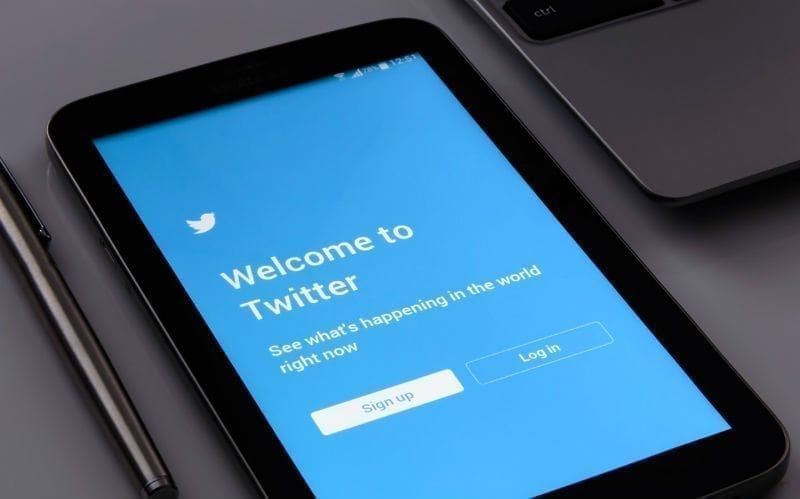The internet is a beautiful place, filled to the brim with things to do, content to consume, and that genie that guesses what you’re thinking about. However, like with any hero, the internet has an arch-rival of its own. And, if you’ve spent 30 seconds in any given comment section, you’re familiar with the bane of any user’s online existence: trolls.
For the uninitiated, internet trolls are the anonymous online users that utilize their freedom of speech in the worst possible way by disagreeing with everyone else, leaving caps-locked rants filled to the brim with misspelled swear words, or just giving a good old fashioned response to any and all content with “this sucks.” Yes, I remember your comment on my video, slipknot_fan_1996.
Well, at least one social media entity is looking to silence the trolls, as Twitter has unveiled new options to reduce the amount of anonymous insults and interactions. Thanks to the site’s new filtering settings, users can block all notifications from any account that they don’t follow, doesn’t follow them, doesn’t have confirmed contact info, or are completely new. The calling cards of the scourge of the world wide web.
Will this be the end of trolling? Probably not. After all, this is hardly the first time troll security has been implemented into a website. In 2013, YouTube rolled out new plans to deal with the expletive-laden wasteland that is their comment section. Did it work? Well, let me answer that with another question, have you been to the YouTube comments section lately?
However, I could really see Twitter’s new way of dealing with trolls catching on. While subtle, the new filtering options do a good job of ignoring users more likely to respond to your innocent tweets with spam/negativity/a completely unrelated argument. Internet trolls notoriously feed off of response, and this could significantly cut down on the amount of attention they get. After all, if a troll comments something and no one gets a notification, does anybody read it?
Featured Image Courtesy of Pixabay










